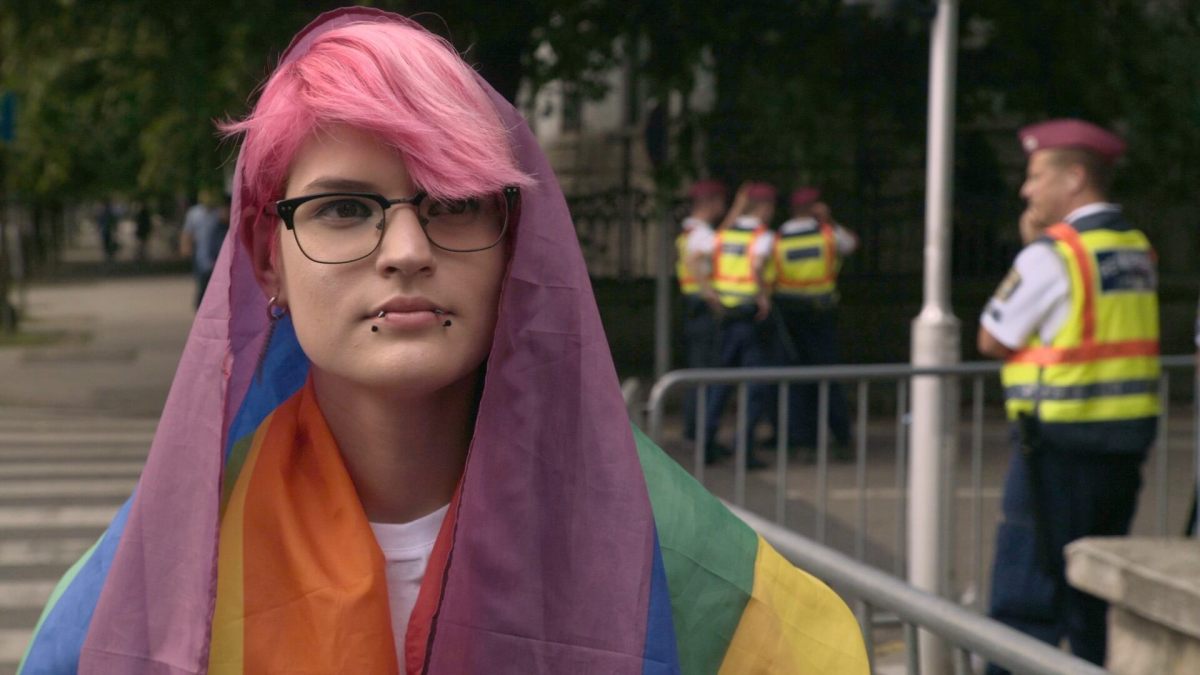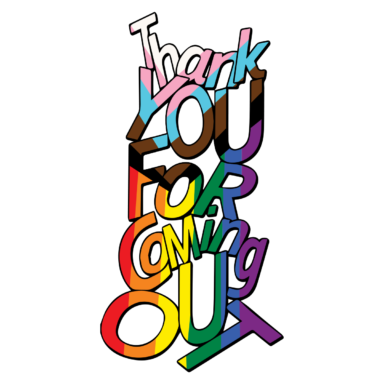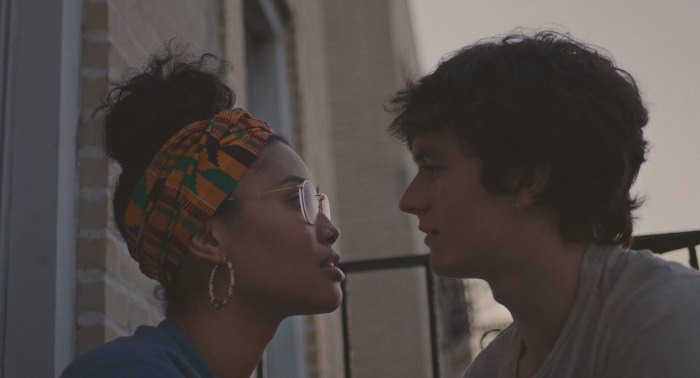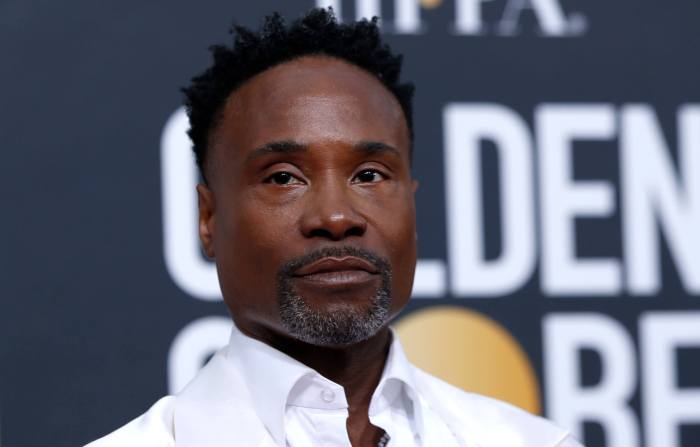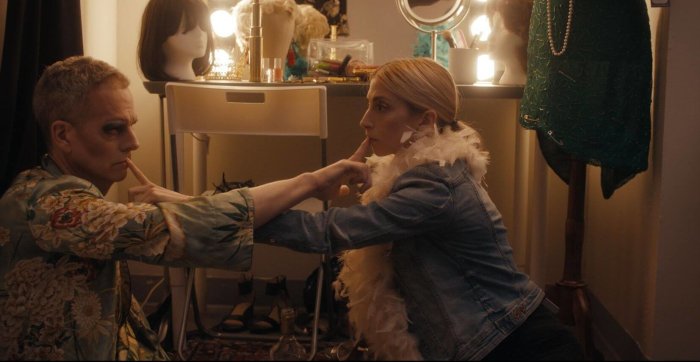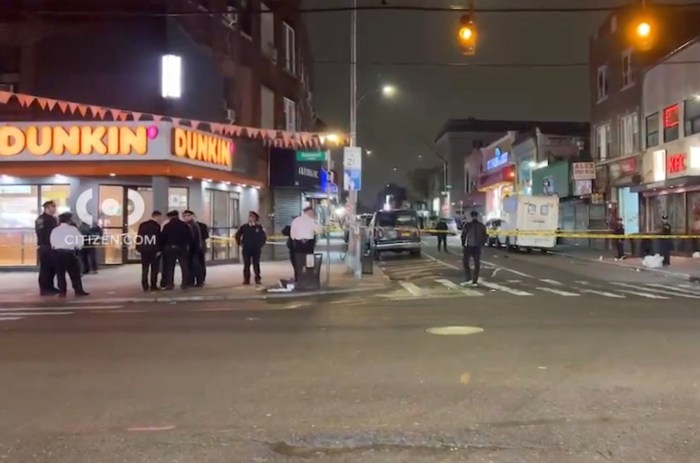DOC-NYC has become America’s largest film festival devoted to documentaries. What does this mean during the pandemic? Last year, it took place entirely online. This year, it splits itself between 8 days in movie theaters and streaming for the rest of November.
Streamers like HBO Max and Netflix have dominated documentary funding lately, leading to bloated docu-series, a sleazy fixation on true crime, and endless profiles of music, film, sports, and political celebrities. DOC-NYC tends to show fairly conventional docs, unlike Columbia, Missouri’s beloved True/False festival, or Lincoln Center’s “Art of the Real.” But their selection has something for everyone. The opening night film, Penny Lane’s “Listening to Kenny G,” makes a case for the value of the much-hated smooth jazz musician. It includes a selection of the year’s most buzzed documentaries and sections devoted to photography, arts and design, the lives of teenagers, and autobiographical films.
Bobbi Jo Hart’s “Fanny: The Right to Rock” charts the two incarnations of Fanny, the first all-female rock band to sign to a major label. Their early years trace a disappointing trajectory from lounging around nude and partying with Joe Cocker and Mick Jagger in their communal house Fanny Hill to recording an album every year from 1970-1975, endless touring and middling record sales that amounted to subsistence wages. The group’s gender was treated as a novelty, mentioned in every newspaper headline.
Furthermore, the Millington sisters, who formed its core, were Filipina-American, and three of the four members were bi or lesbian. In the macho climate of the times, their talent and the support of men like David Bowie didn’t lead to success. They had two top 40 singles but had already broken up by the time “Butter Boy” became their biggest hit in 1975. The film obeys many recent music documentary conventions. It suffers from too many random celebrity talking heads interviews. Why does the opinion of Def Leppard singer Joe Elliott about Fancy matter? But it runs through the band’s original lifespan in its first half and picks up in recent years, when they’ve revived the group as Fanny Walks the Earth. While the latter half sometimes feels like promotion for their latest album, it tells a compelling story, particularly when health challenges make the group confront the difficulty of continuing to make music in their 60s.
Chris J. Russo’s “Lady Buds” takes a surprisingly downbeat look at cannabis legalization in California. That dark view has nothing to do with the drug itself, but it views the change in laws as an opportunity for government and big business to crack down on a thriving black market economy whose profits fueled everyday life in small towns in the state. (One of its six subjects, Chiah Rodrigues, is a second-generation cannabis farmer; she remembers having to lie about how her dad earned a living.) It profiles women involved in the cannabis business.
Russo, who is lesbian, lays out an intersection of the Bay Area’s LGBTQ community and cannabis legalization. Felicia Carbajal came to San Francisco because of its reputation as a gay haven and looks back on the roots of medical marijuana usage as a treatment for AIDS patients’ nausea and wasting. Sam Taylor is a 71-year-old former Catholic school principal whose attitudes towards both cannabis and gayness began changing when her son came out, leading to a passionate drive to serve senior citizens with a medical cannabis dispensary. But the film, which began shooting soon after California legalized the plant in 2016, shows the difficulty of maintaining a small business under monopolistic competition. To make things even harder, cannabis remains illegal on the federal level, so business must be conducted in cash (which runs the risk of governmental confiscation). Even locally, cities seem to be placing roadblocks in the path of legal cannabis farming and businesses.
While “Lady Buds” acknowledges problematic cannabis use, its subjects are driven by a belief that the plant can make the world a better, more loving place. Bi singer Brittany Howard’s soulful “Stay High” serenades us through the end credits, even as they inform us how the film’s subjects struggle to maintain legal businesses.
The title of Alexa Bakony’s “Colors of Tobi” alludes to its subject’s hair color, which changes in almost every scene. Shot over the course of four years, it follows non-binary teen Tobi, who endures a turbulent adolescence while living with their parents and siblings in a Hungarian village. At the start of the film, they identify as a trans boy, but about an hour in, they decide they don’t want to put any labels on their gender or sexual identity. Tobi’s mother, Eva, isn’t quite as accepting as she wants to be, and much of the film’s early drama comes from Eva putting her foot in her mouth. Despite the love she shows, she’s baffled by LGBTQ identity and asks questions like “Why don’t gay and lesbian couples just sleep with each other and raise children?” Things come to a head when she misgenders Tobi during their 18th birthday party, but a trip to a Pride March surrounded by hostile onlookers suggests how much worse Tobi could have it.
Bakony shot it with a crew of three, allowing intimate access to difficult moments. Its fly-on-the-wall filmmaking process leads to a flatness during emotional down time, while the ending comes too suddenly. But “Colors of Tobi” becomes a tale of love and acceptance rather than one of tension and confusion. Tobi’s personal story gains urgency from the film’s location being in of the most queerphobic European countries where laws are becoming increasingly repressive.
DOC-NYC | Nov. 10th-18th | IFC Center, Chelsea Cinepolis & SVA | Most films available for digital streaming from Nov. 19th-30th

